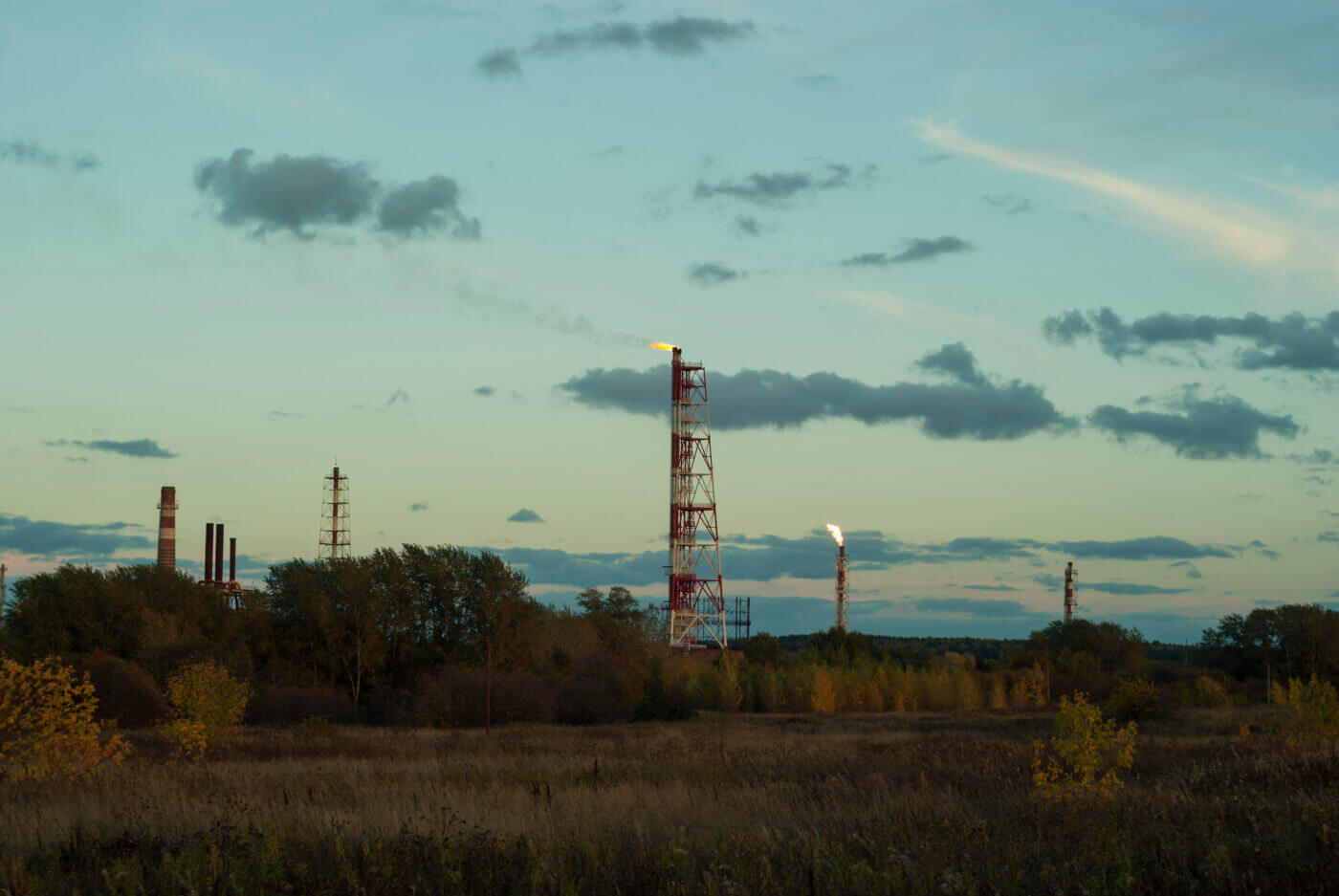
How the Country Methane Abatement Tool empowers nations to cut methane pollution
Methane is a powerful greenhouse gas with over 80 times more potency than CO2 during its first 20 years in the atmosphere. The global energy sector was responsible for nearly 135 million tonnes of methane emissions in 2022, and levels are rising quickly. Leading climate scientists agree that reducing methane pollution is the best way to reduce the amount of global warming the world will experience in the next 20 to 30 years, a critical timeframe for avoiding irreversible climate tipping points.
In recent years, recognition of the methane problem has also been on the rise. Spurred by leadership from the United States, United Kingdom, and European Union in 2021, more than 150 countries signed on to the Global Methane Pledge, a breakthrough commitment to reducing global methane emissions 30% by 2030.
But while important progress has been made since this critical moment, several barriers remain for countries eager to turn their methane ambitions into action, including:
- Emissions Estimates: successful methane mitigation will require robust estimates of national emissions and abatement potential.
- Mitigation Policy: Emissions reduction and country-specific mitigation plans require the development and implementation of effective national policies and regulatory tools which are often missing and/or countries interested in taking action need support identifying and designing.
To help overcome these challenges, CATF is engaging governments, industry, and civil society around the world – and has created the Country Methane Abatement Tool (CoMAT) to help government regulators and ministries turn their ambition into action. CoMAT is a powerful, free tool designed to make it easier for countries to quickly estimate their methane emissions and abatement potential, develop comprehensive mitigation approaches, and design methane reduction policy strategies. CATF’s CoMAT application offers a unique combination of estimation and policy design tools that allow a country to collect, examine, check, analyze, and evaluate data, gain valuable insights and build consensus around best mitigation solutions that can help them meet their climate goals.
Using publicly available data, the platform is set up with estimates of a country’s oil and gas sector emissions and access to a newly digitized library of leading methane policy and proven best practices, backed by the hands-on support of CATF’s world-class methane team. CoMAT allows government regulators to continually refine their emissions inventories and explore variables and specific policy and regulatory options that can drive pollution reduction.
Countries around the world, including Mexico, Colombia, Ecuador, and Nigeria are already using CoMAT to estimate emissions, build their mitigation capacity, share best practices, and achieve their methane pledges.
Since 2019, for example, CATF, with support from the Climate and Clean Air Coalition, has collaborated with the Nigerian Federal Ministry of the Environment, the Federal Ministry of Petroleum Resources, and the National Upstream Petroleum Regulatory Authority (NUPRA) in efforts to reduce emissions from the Nigeria’s oil and gas industry.
Using CoMAT’s, the NUPRA identified methane sources and quantified their emissions. This work led the Federal Ministry of the Environment to include a specific methane emission target in Nigeria’s Nationally Determined Contribution (NDC), while the NUPRA established compulsory guidelines for oil and gas companies, published in 2022, to take actions to reduce their methane emissions.
CATF continues to actively work with its partners to reduce methane emissions and uses CoMAT to establish a common language between policymakers, companies, and regulators. The tool is a user-friendly and intuitive knowledge-based platform that offers a high level of granularity, transparency, and the opportunity to explore regulatory tools that allow countries to plan ahead and make significant progress in designing mitigation approaches that achieve their climate and emissions decarbonization goals.
CATF’s Methane Pollution Prevention team is excited to provide countries with an effective and pragmatic way to review their oil and gas industry inventory, explore and become familiar with examples and policy recommendations for emissions reduction, set methane emissions abatement goals, and enable dynamic and productive conversations that will lead to accelerated action and climate impact.
To learn more about CoMAT or for country engagement or demo inquiries, visit https://www.catf.us/comat/


